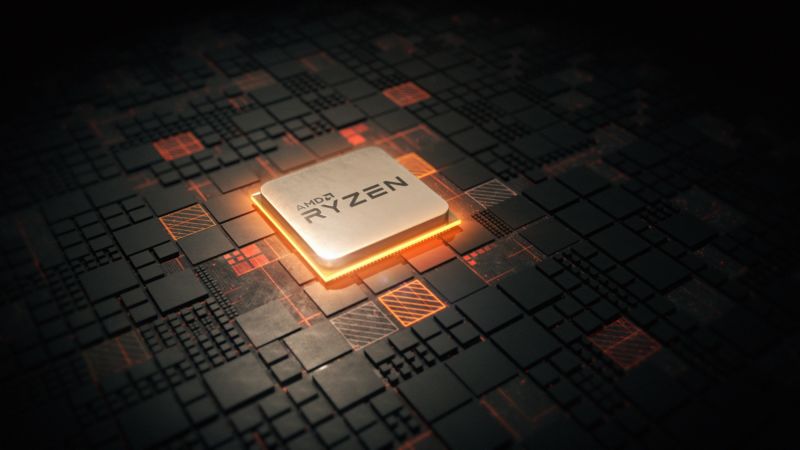
In September, AMD added support for simple CPU overclocking to its graphics drivers. If you had a Ryzen 5000-series CPU and wanted to benefit from the extra performance, this auto-overclocking function could save you from needing to download the more complex Ryzen Master utility. The overclock would also be conservative enough that it probably wouldn't cause system instability or other issues.
The problem for some users is that this auto-overclocking feature has become too automated—that is, it's changing systems' overclocking settings whether users want it to or not.
An AMD representative told Tom's Hardware that "an issue in the AMD software suite" caused the feature to begin "adjusting certain AMD processor settings for some users." Because the CPU overclocking feature is actually changing settings in your system's BIOS, that means it can change overclocking settings that users have changed themselves and apply an overclock where there was no overclock before. That second bit could be especially problematic since overclocking processors generally voids AMD's CPU warranty, even when you're using AMD-provided tools like Ryzen Master or using AMD-advertised features like Precision Boost Overdrive (though, anecdotally, this policy isn't consistently enforced).
Read 3 remaining paragraphs | Comments
